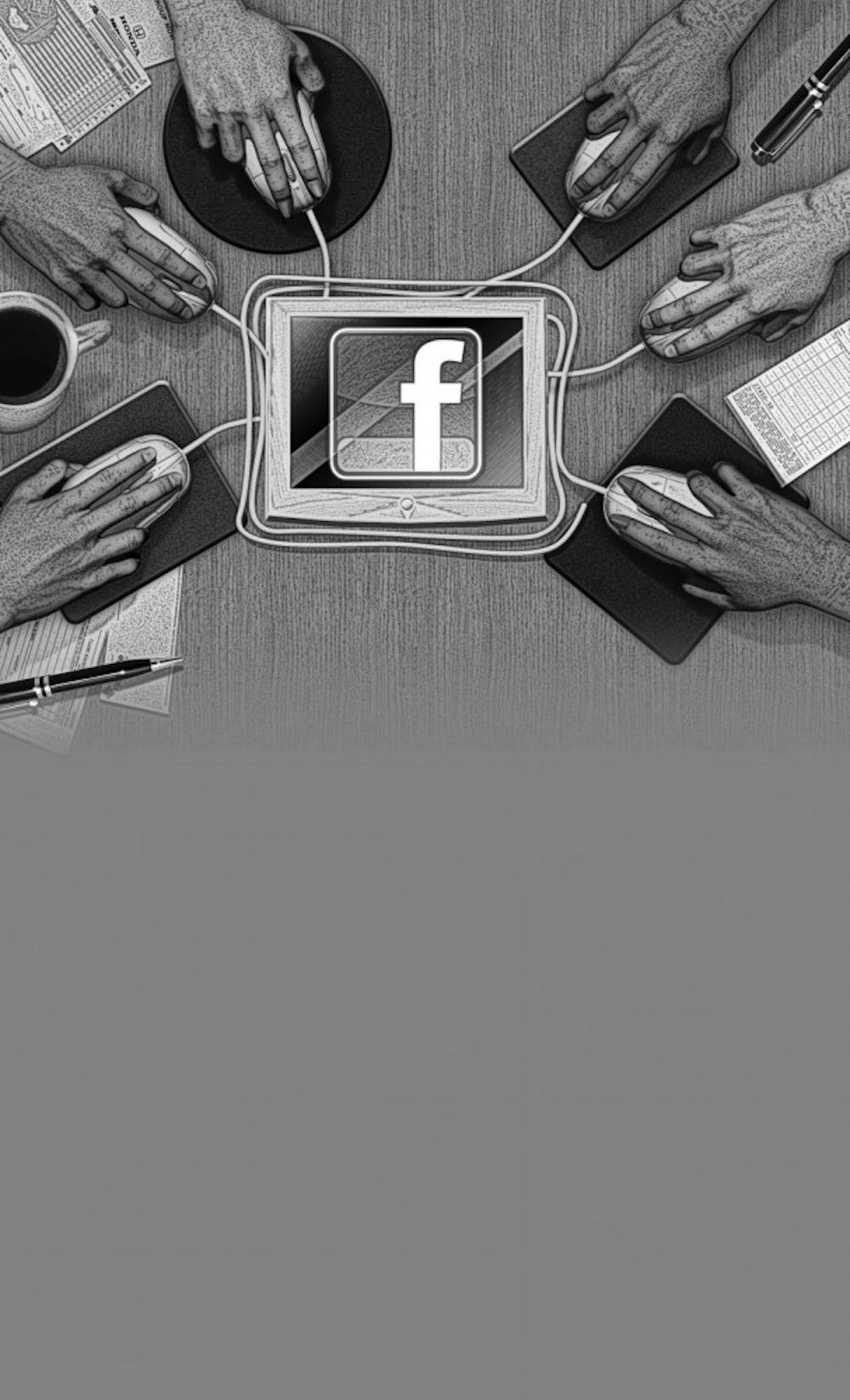On campuses across the country, millions of students are untangling themselves from racy Facebook photos of the party last weekend, deleting old wall posts and refraining from re-tweeting inside jokes from those late nights at the bar.
Why? Because they just submitted job applications that asked for links to their social media profiles. Private companies and institutions across the country are now assuming more of a role as virtual watchdog.
But should our personal social media platforms serve as sufficient cause for hiring or rejections? We say no.
Past employment history, references and personal interviews should be the primary factors in determining a candidate’s ability to perform well in a professional environment. An employer cannot adequately gauge the professional capabilities of a person simply by looking at their Facebook page.
However, in today’s society, a virtual character check is often held on the same plateau of importance as the physical character check. And while it is impossible to completely separate the personal from the professional, a candidate's personal life — the life which exists outside the confines of the workplace — should not be held at the level of importance which it currently resides. Our professional lives — not our social lives — should be what an employer should use as the basis to form his or her opinion of us.
Far too often, an inside joke on somebody’s Facebook profile, or an awkwardly phrased tweet, is misinterpreted. Someone else takes the posted content out of context, and then assumes an unfair, pre-emptive bias against the profile owner.
[box][poll id="8"][/box]
Students across the country are aware of this trend now more than ever, ushering them to prematurely self-censor their online presence so as to bolster their professional image. In the midst of frantic job and internship searches, students are often forewarned to make sure that their profiles on social media platforms are devoid of any potentially incriminating content in the event that an employer decides to peruse their profile or Twitter feed.
On a national scale, the factoring of social media into employment decisions has recently sparked considerable controversy. Some employers are now reportedly asking for access to candidate's profile passwords. In a March 23rd press release, Facebook condemned any requests of this kind, stating that it crosses both legal and personal boundaries.
“This practice undermines the privacy expectations and the security of both the user and the user’s friends,” said the statement. “It also potentially exposes the employer who seeks this access to unanticipated legal liability.”
This type of request sets a dangerous precedent for the future if it continues unchecked. Companies who seek to invade employee privacy by accessing personal information will open themselves up to considerable legal controversy, that which could severely damage them in years to come. But if this emerging practice of employers accessing our profiles continues, how can we as students proactively combat it?
In this week's sports section, you can read about the importance that many Elon student athletes place on maintaining a responsible social media presence. The Elon athletic department adheres to a strict social media policy in regards to its athletes, one that seeks to promote accountability and informed decision-making. This policy has been violated during the past year due to momentary acts of indiscretion by athletes on social media platforms, like Twitter.
Erica Roberson, director of media relations for Elon's athletic department, said in an interview with The Pendulum that irresponsible usage of social media can often lead to greater consequences than one had considered, in terms of both their professional and personal image. Elon’s social media policy strives to promote responsibility by students when using social media and recognition of the potential consequences for mistakes. In addition, students are expected to be able to accurately judge what is considered appropriate content, and to always try and portray themselves in a positive light.
A few years ago, the concept of infusing one’s personal life with his or her daily “nine to five” responsibilities was often frowned upon, to say the least. Now, the infusion of the personal as a qualifying factor into the professional sphere has effectively flipped the system, allowing one's personal life to (potentially) destroy the possibility of even having a “nine to five” to begin with.
Job candidates and employers should both recognize that applying to work in a professional environment should be determined primarily by their professional qualifications, not their social media presence.
The role that social media currently plays in determining professional capability should be significantly reduced, as it represents our society’s growing dependence on social media in all environments.


